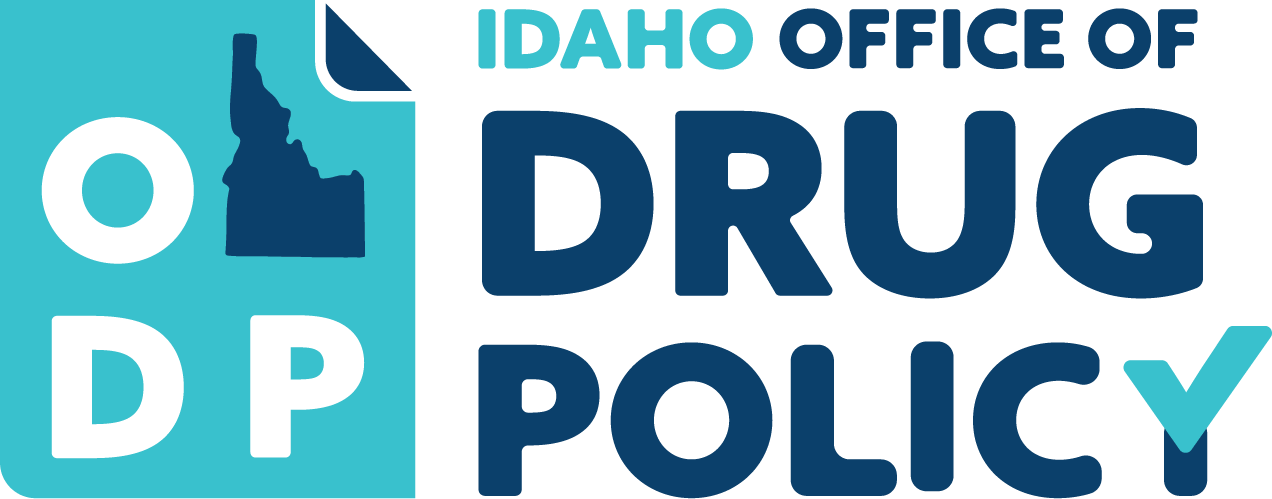Grantee Checklist and Process Guide
- Grantee Process Guide: How to Use Neighborly, Submit Reimbursement Requests, Complete Activity Reports, Administer Pre- and Post-Surveys, Obtain CPS and PPS credentials, and Access ODPs Online Trainings
- Primary Prevention Activity & Training Resource Hub
SFY2025 Opioid Settlement Funds Grantee Onboarding Webinar
*Recording Coming Soon*
Financial Forms
- Vendor Payments Support and Luma Finance Forms can be found at https://www.sco.idaho.gov/LivePages/luma-finance-forms.aspx
- New grantees need to complete the Initial Vendor Setup (IRS Form W-9) and the Direct Deposit Authorization Form
W-9 and Direct Deposit Authorization Form submission instructions:
- If you want to receive grant payments via check, just submit a copy of your organization’s W-9. If you want to receive grant payments via direct deposit, you will need to submit a W-9 and the Direct Deposit Authorization Form. Forms can be submitted via email to Destinie Triplett destinie.triplett@odp.idaho.gov or submitted by mail to the Idaho Office of Drug Policy at 304 N 8th St, Ste #455, Boise, ID 83702
- Direct Deposit Authoriziation Forms need to be submitted with an attached scan of a voided check (not a deposit slip) or bank verification letter of your
checking or saving account number. Form location: https://www.sco.idaho.gov/LivePages/STARS-Forms.aspx - To reduce the risk of fraud, the SCO may contact you to verify the banking information provided using these forms.
Reimbursement Request Instructions
How to Complete Quarterly Activity Reports
Grantee Reporting Timelines & Due Dates
-
- Quarter 1: July 1 – September 30
- Due Date: October 10
- Quarter 2: October 1 – December 31
- Due Date: January 10
- Quarter 3: January 1 – March 31
- Due Date: April 10
- Quarter 4: April 1 – June 30
- Due Date: June 15
- Quarter 1: July 1 – September 30
SFY2024 Quarterly Activity Report Training (41 minutes)
Brief Quarterly Activity Report Tutorial (22 minutes)
Grantees providing direct curriculum-based prevention education (e.g., LifeSkills, Positive Action, Strengthening Families) are required to conduct pre- and post-surveys prior to, and after, the completion of each program cohort. These surveys are used to inform the overall Opioid Settlement Funds program evaluation. After the program year providers will receive a summary outcome report of their programs’ survey results.
-
- ***ODP is updating surveys for FY2025 to be retrospective in nature. ODP will be in contact about survey distribution in the coming weeks***
Parental Consent Policy and Forms
Parental consent must be obtained before the implementation of youth surveys. Providers utilizing surveys for Younger Youth Grades 4-5 or Older Youth Grades 6-12 must review the document Parental Consent Policy for Idaho Substance Abuse Prevention Programs Serving Minors. Parental Consent Policy for Idaho Substance Abuse Prevention Programs Serving Minors.
When implementing evidence-based programs and practices, it is important to consider fidelity and adaptation.
- Fidelity: The degree to which a program or practice is implemented as intended.
- Adaptation: Describes how much, and in which ways, a program or practice is changed to meet local circumstances.
Evidence-based programs and practices are defined as such because they consistently achieve positive outcomes. The greater the fidelity to the original program design, the more likely the program will reproduce positive results. While customizing a program to better reflect the attitudes, beliefs, experiences, and values of a focus population can increase its cultural relevance, it is important to keep in mind that such adaptations may compromise program effectiveness.
Needs Assessments and Reports
- SFY2022 SABG & PFS Grant Programs Report
- 2021 Idaho Healthy Youth Survey State Report
- 2021 Youth Risk Behavior Survey State Report
- 2021 National Survey of Drug Use and Health (NSDUH) Releases
- 2024 Substance Misuse Prevention Needs Assessment
Evidence-Based Program Resources
- Blueprints Programs for Healthy Youth Development
- Idaho Evidence-Based Practice Selection and Planning Workbook
- CrimeSolutions Programs and Practices, National Institute of Justice
- Office of Juvenile Justice and Delinquency Prevention Programs, OJJDP
- Evidence-Based Practices Resource Center, SAMHSA
- National Mentoring Resource Center, OJJDP
- Selecting Best-Fit Programs and Practices: Guidance for Substance Misuse Prevention Practitioners, SAMHSA
- Finding Evidence-Based Programs and Practices, SAMHSA
Informational Resources
 Official Government Website
Official Government Website
